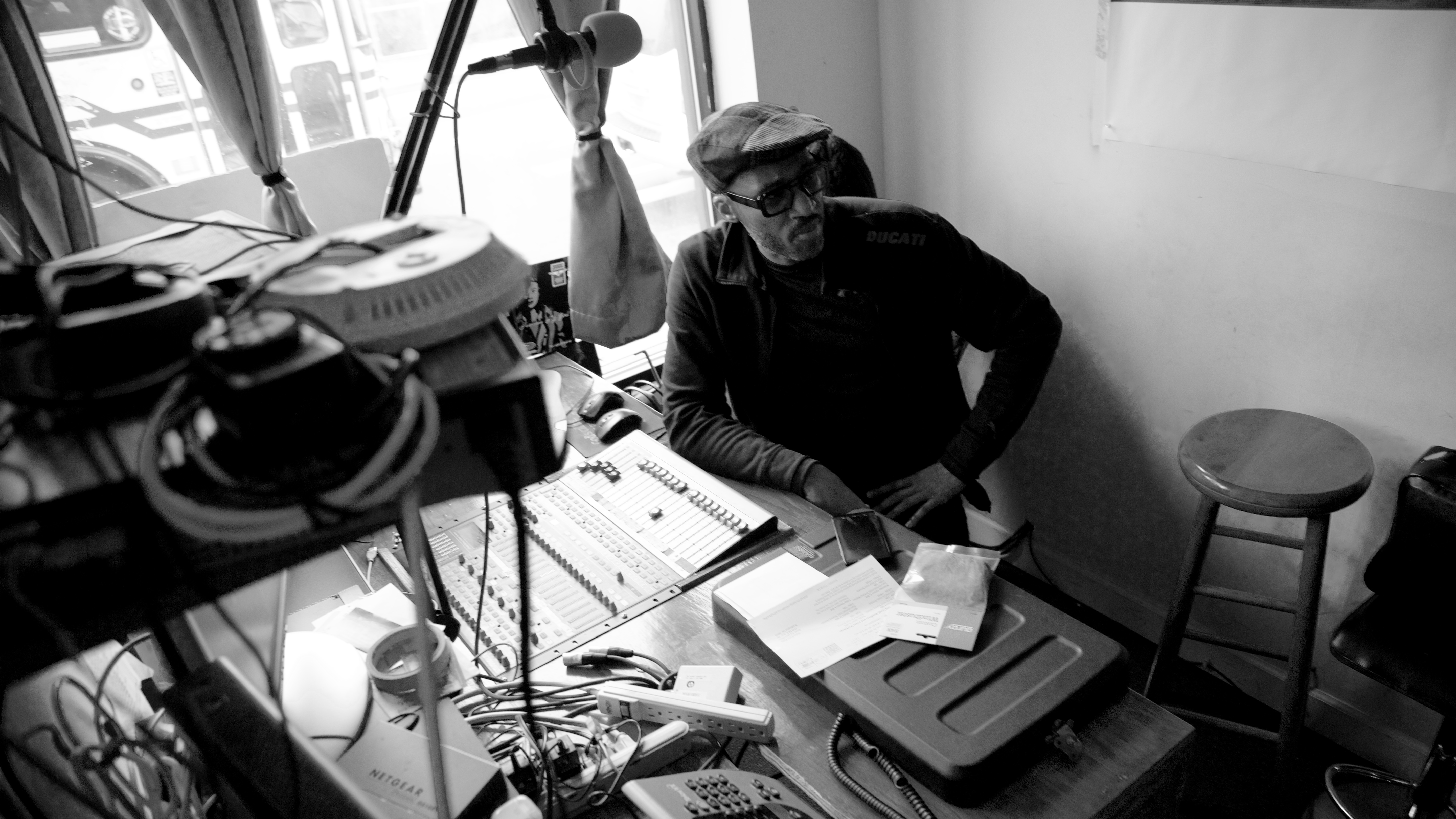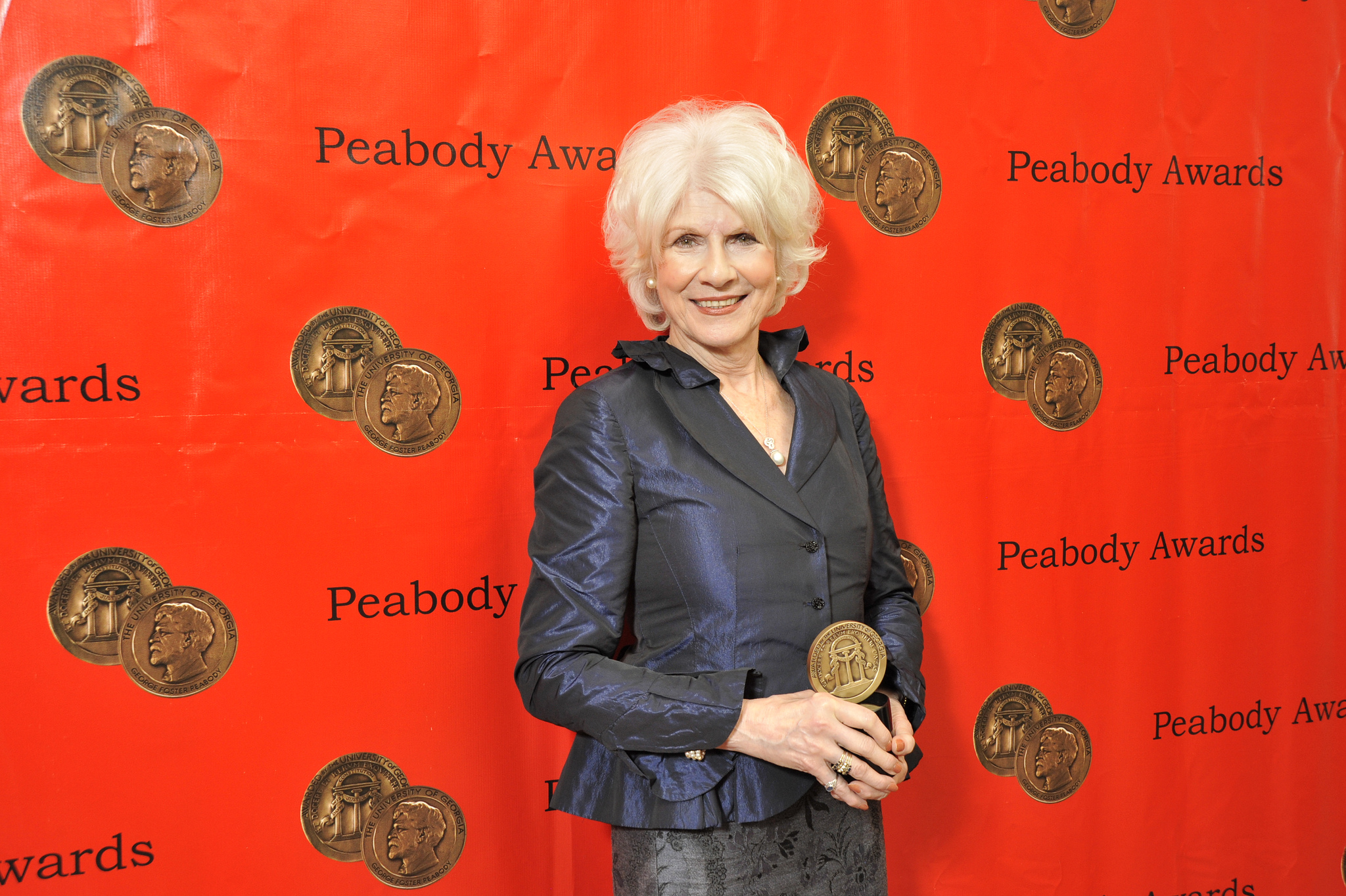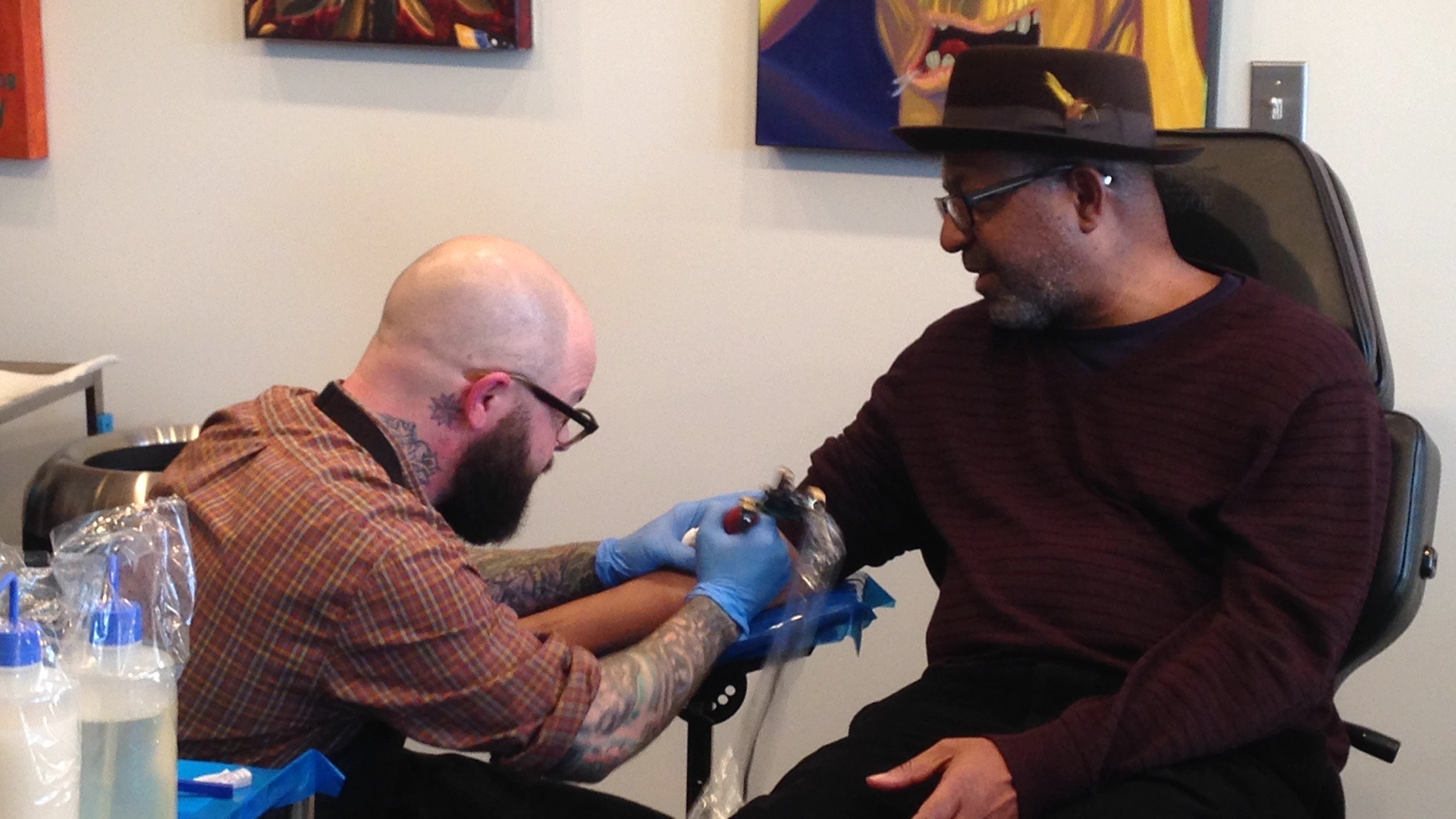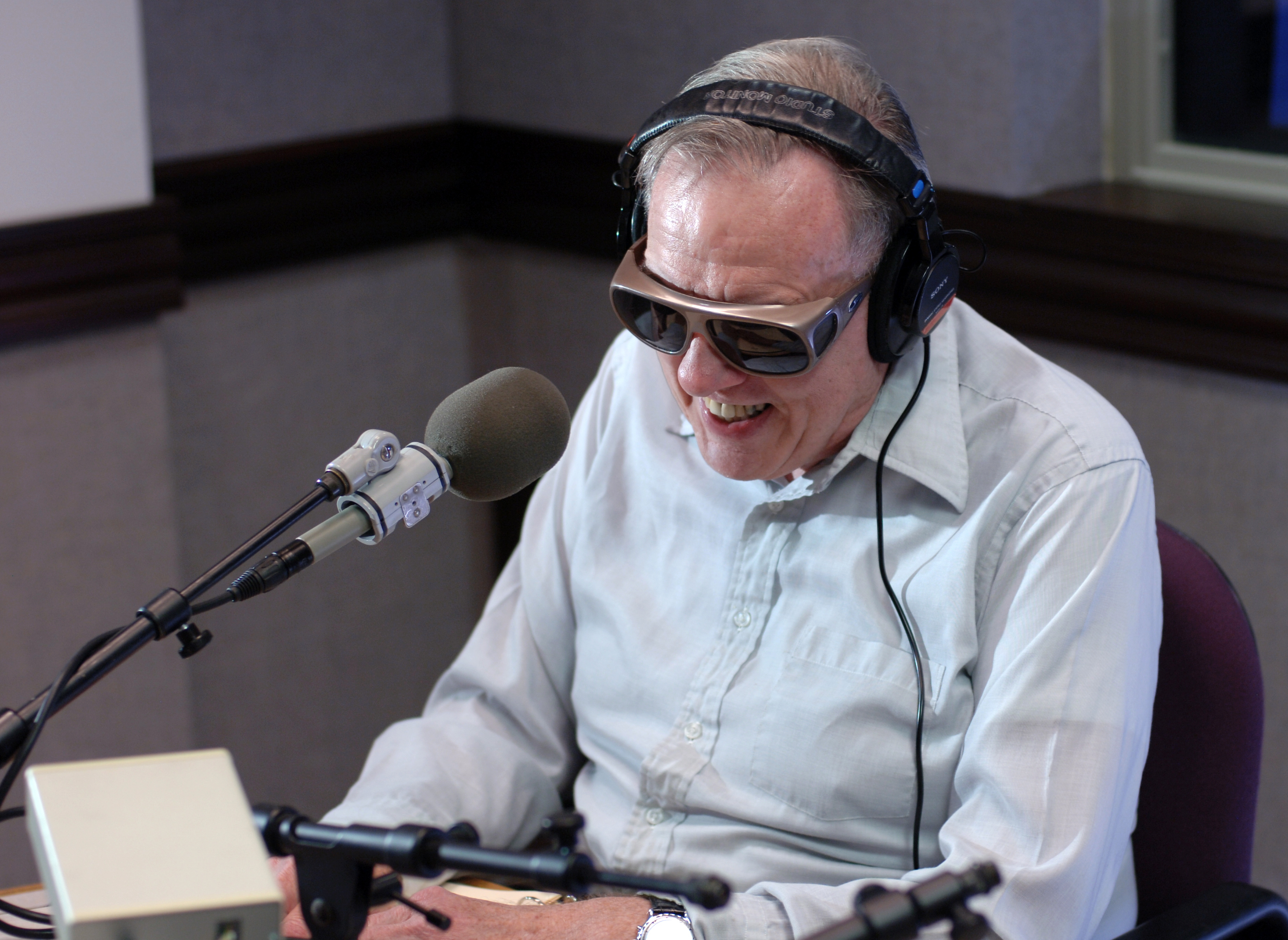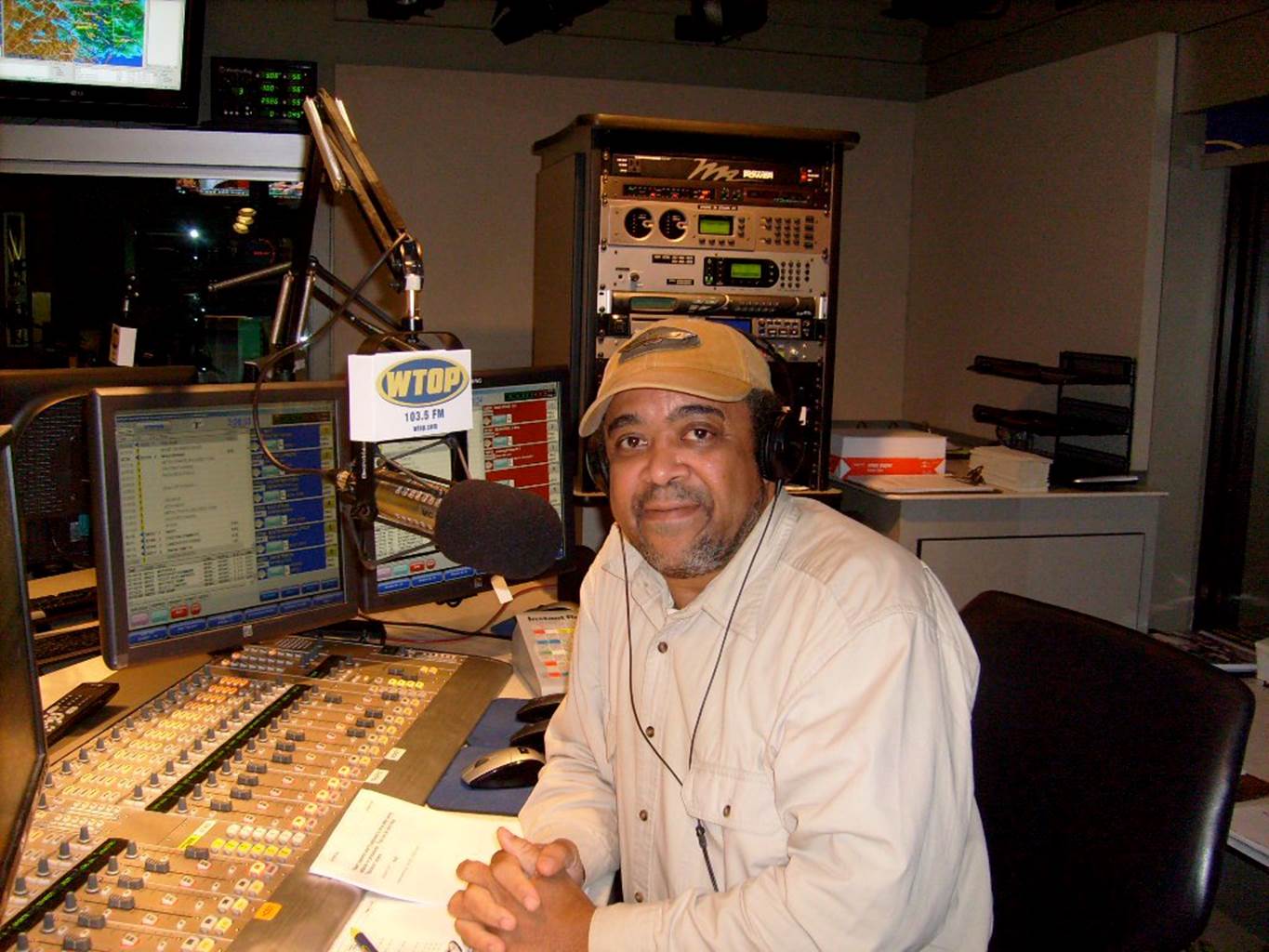Tag: WAMU
Translator not necessarily included in sale of WAMU bluegrass station
WAMU does not own or control the station’s translator near Bethesda, Md.WAMU seeks buyer for bluegrass stream and stations
The station was advised to focus on news and information.Stations try different approaches with food bank partnerships
Food-bank partnerships have been successful for many public stations, but experts say they can have mixed results.WAMU project amplifies a neglected neighborhood’s voices
The Localore initiative Anacostia Unmapped features local producers telling unfiltered stories.Stations have a future in local appeal, distinct programming
A radio content chief lays out a vision for digital success.Washington’s WAMU restructures newsroom
The station will structure coverage around five beats.Diane Rehm to retire next year
Rehm plans to retire sometime after next year’s presidential election.A host whose commitment to his station goes beyond skin deep
Thanks to a listener donation, Washington, D.C.’s Kojo Nnamdi got inked.Ed Walker, WAMU co-founder and longtime host, dies at 83
Walker died just hours after his final broadcast aired on the station.Longtime WAMU host Ed Walker to retire
Walker has hosted The Big Broadcast on WAMU since 1990 and helped launch the station in 1951.James White, public radio newscaster, dies at 60
White worked for more than 24 years at WAMU in Washington, D.C.WAMU hires Andi McDaniel as head of content
McDaniel comes from Twin Cities Public Television.NPR to update ethics code, define when personal becomes political for show hosts
NPR is clarifying ambiguities in its ethics code about the role of talk show hosts after a flap over Diane Rehm’s participation ...Diane Rehm will end right-to-die advocacy
After her husband's difficult death, Rehm helped raise funds for an organization that supports medically assisted suicide.The first of our new improved weekly roundups — now with more content
This week: the Congressional Downtown Abbey office, new conferences, digital wisdom and more.



